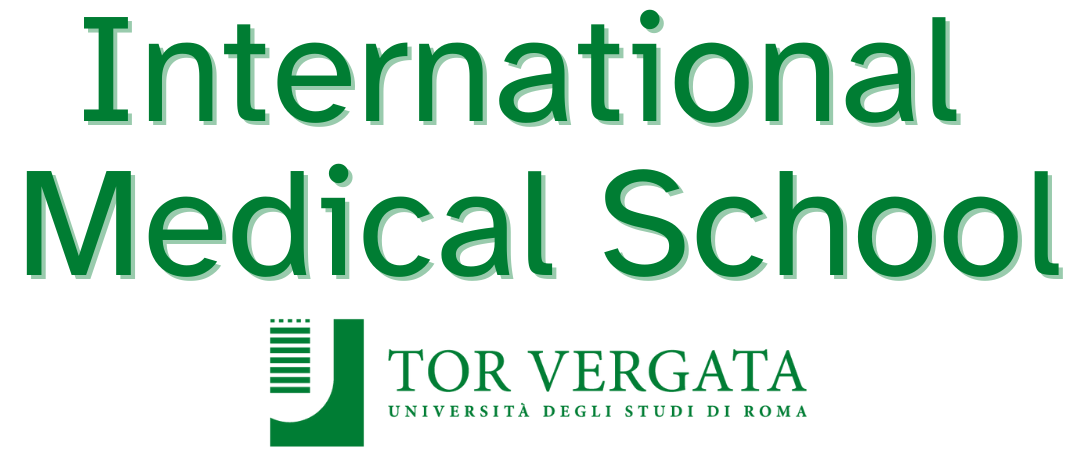Following the Italian academic tradition, most of the examinations are oral, which may seem quite peculiar to international students, with optional written exams in some extenuating circumstances. Oral exams allows professors to see if the student has understood fundamental concepts in Medicine but also if the candidate can apply these to unfamiliar situations. Sometimes exams are in the form of Multiple-Choice. Oral exams are notoriously difficult and an extensive and organized preparation is required. The official exam sessions are held in February, June, July, September and December. Another peculiarity of the Italian academic system is that the student can decide the date to take the exam in these sessions. According to official decrees held by the Ministry of Education, 2 extra-exam sessions may be arranged by the Academic Board during holidays for single subjects.
A certain number of exams must be completed each year (see here) in order to progress onto the following year. Each exam is marked on a scale of 30 points (18 being a pass grade) and a “Cum Laude” being awarded to the most deserving students. Exams may be repeated as many times as the student chooses to achieve their desired mark.
At the end of the cycle, students have to discuss a final thesis before a board of professors; the subject of this thesis may be a review of academic literature or an experimental work, and usually takes more than a year to complete, with most students beginning an internato (internship) in the subject of their choice in their fifth or sixth year. The title awarded at the end of the discussion ceremony is that of “Dottore Magistrale“, styled in English as a Doctor of Medicine, which in accordance with the Bologna process is comparable with a master’s degree qualification or a US MD.
Last Updated on 16/02/2023

